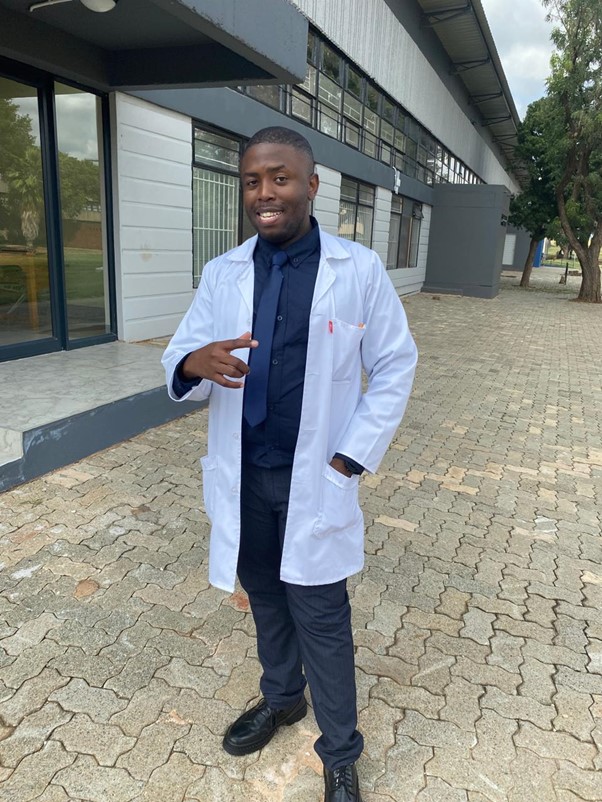Kgothatso Legong, fifth year medical student at Sefako Makgatho Health Sciences University, reflects on his time spent on rotation in Ophthalmology, and the lessons he's taken from it.
______
Today marks the end of my three-week rotation in ophthalmology, and what an enlightening and transformative experience it has been! I entered the rotation with a blend of excitement and nervousness; There was something undeniably captivating about the delicate world of the human eye that beckoned me to explore it further.
From my first day, I was struck by how intricate our sense of sight is. During morning rounds, I walked alongside my professor who approached each patient with a remarkable mix of professionalism and empathy. I quickly learned that ophthalmology is as much an art as it is a science. The way doctors spoke to each patient—gently explaining diagnoses, treatment options, and the procedures involved—was a reminder of the importance of communication in medicine. I saw firsthand how vital it is to establish trust, especially in a field that often deals with profound fears: the potential loss of vision.
One of the most memorable cases involved a middle-aged patient who had come in with concern about sudden vision loss. Watching the registrars perform a comprehensive examination was mesmerizing. I learned to utilise the slit lamp, a tool I would only see in textbooks until now, and observed the way the light illuminated the microscopic structures of the eye. One minute, we were focusing on the cornea, and the next, we were discussing the delicate layers of the retina. It struck me how much knowledge and skill it takes to diagnose conditions that could ultimately change patients' lives forever.
In the afternoons, I spent time in the clinic, where I encountered a wide array of patients. From children dealing with congenital eye conditions to elderly individuals managing cataracts, each interaction taught me something new. I became fascinated with the range of diagnostic tools, from visual field tests to optical coherence tomography (OCT). Each technology has its own language and utility, further underscoring the complexity of this specialty.
One particularly poignant moment was when I met a young girl who had recently been diagnosed with amblyopia. Her mother expressed such a mix of hope and trepidation about her treatment plan, and I found myself drawn into their world, realising how impactful this work could be. As we discussed the importance of adherence to the prescribed patching protocol, I felt a sense of connection, understanding that every patient has a unique narrative that extends beyond their diagnosis.
As the rotation concludes, I can’t help but reflect on the perspectives I've gained. This specialty is vital; it plays a central role not only in preserving sight but also enhancing quality of life. The ability to provide not just medical treatment but also psychological support and reassurance is truly admirable.
As I close this chapter, I carry with me not just knowledge of the ocular system but also a deeper appreciation for my role as a healer. I look forward to where this journey takes me next, but I know that the insights I've gained in ophthalmology will remain with me, guiding my approach to patient care.

______
To read more student articles like this visit our student hub.